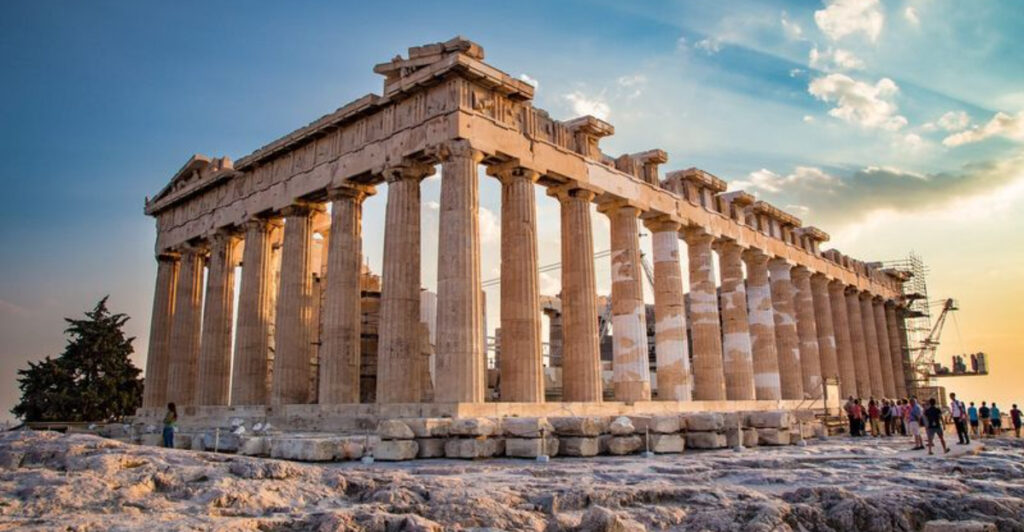Exploring ancient ruins is like stepping into a time machine, where every stone tells a story of a bygone era. Whether it’s the cradle of civilization or the remnants of a once-great empire, these ruins offer a glimpse into history’s grandeur. From the mystical temples of Asia to the monumental structures of Europe, each site is a testament to human ingenuity and resilience. Embark on a journey through these 12 must-see ruins, and immerse yourself in the rich tapestry of our shared heritage.
Machu Picchu, Peru
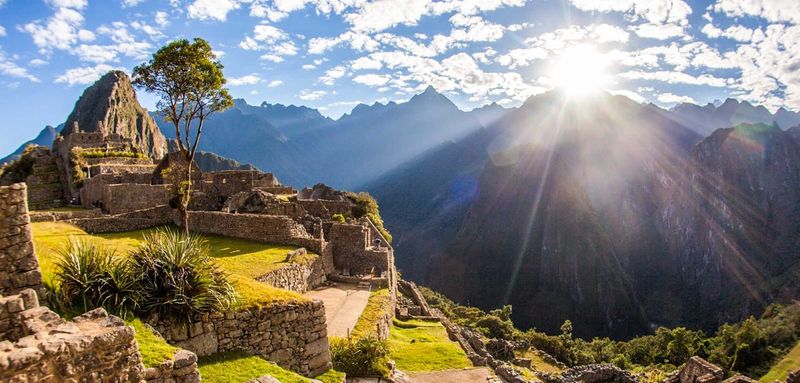
Nestled high in the Andes Mountains, Machu Picchu is often shrouded in mystery and clouds. This Incan citadel was unknown to the outside world until 1911. Its agricultural terraces and ceremonial centers are a marvel of engineering. The intricate stonework, aligned perfectly without mortar, baffles architects even today. Visitors often ponder: how did the Incas achieve such precision?
Whether you’re hiking the Inca Trail or arriving by train, the journey is as captivating as the destination. Each step reveals a new perspective and a deeper appreciation for this UNESCO World Heritage site.
Pompeii, Italy
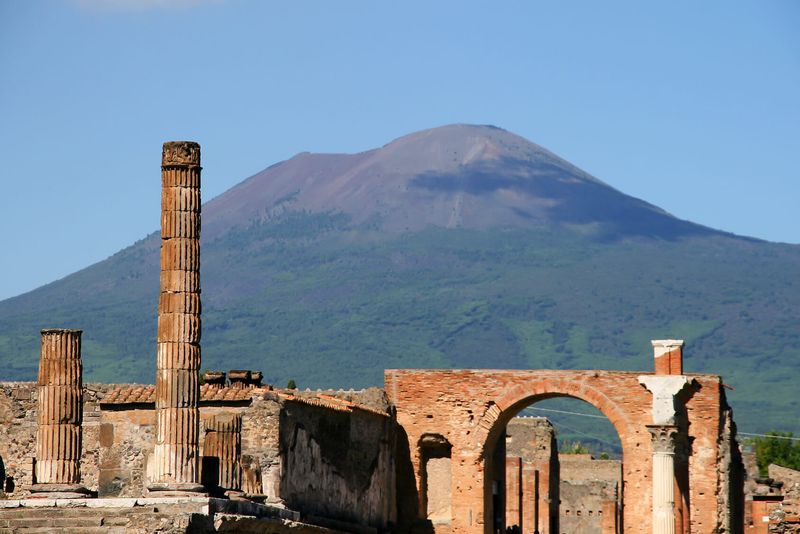
Frozen in time by the catastrophic eruption of Mount Vesuvius in 79 AD, Pompeii offers a fascinating glimpse into Roman life. Streets once bustling with merchants and artisans now lay silent. Yet, the vibrant frescoes and mosaics whisper tales of a vibrant past.
Stroll through ancient villas and marvel at the sophistication of Roman engineering. Discover the remnants of an amphitheater and public baths, marveling at their preservation. Visitors often reflect on the fragility of life, standing amidst the ash that preserved this city for centuries.
Petra, Jordan
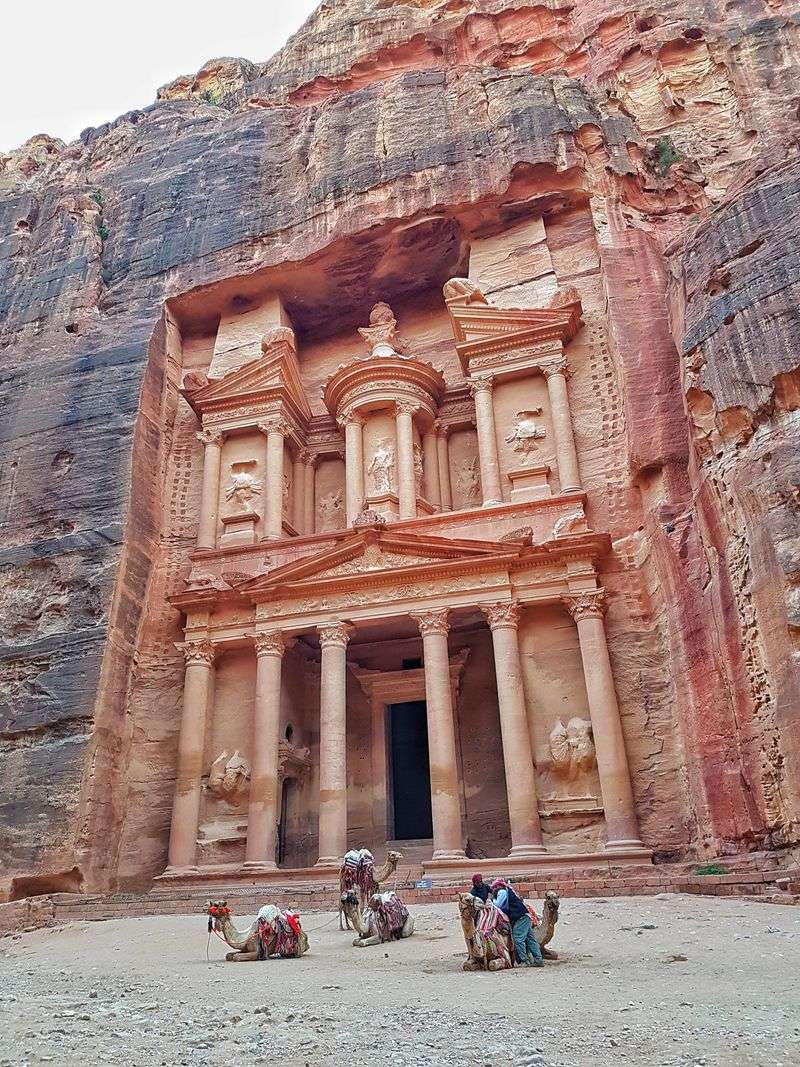
Hidden within the rugged terrain of southern Jordan lies Petra, the ancient Nabatean city. Its majestic facades are carved directly into pink sandstone cliffs. The city remained a mystery until the 19th century, enchanting explorers with its beauty.
Walking through the Siq, a narrow gorge, visitors catch their first glimpse of Al-Khazneh, or The Treasury. Each structure tells a story of a people who thrived in this arid region through trade and ingenuity. The complex water systems they designed were their lifeline.
Angkor Wat, Cambodia

The sprawling temple complex of Angkor Wat is a crown jewel of Khmer architecture. Originally constructed as a Hindu temple, it gradually transformed into a Buddhist site. The temple’s intricate bas-reliefs depict epic tales and celestial dancers.
As dawn breaks, the silhouette of Angkor Wat mirrored in its surrounding moat creates a captivating scene. Each tower symbolizes Mount Meru, the center of the universe in Hindu and Buddhist cosmology. The sheer scale and detail of the site leave visitors in awe, contemplating the grandeur of past civilizations.
Colosseum, Italy
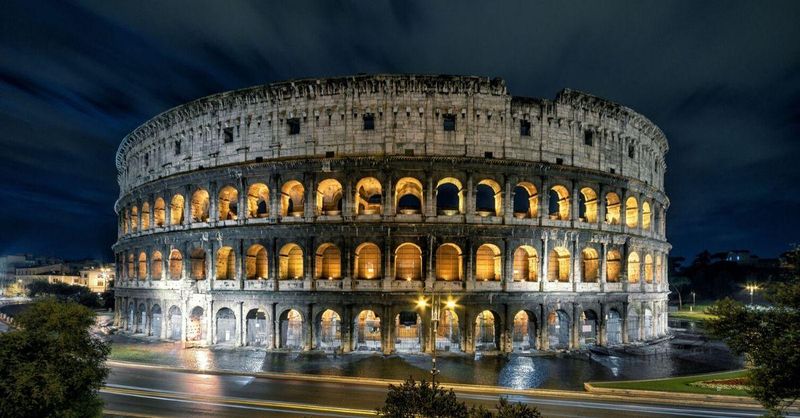
The Colosseum stands as a symbol of Roman might and architectural prowess. This iconic amphitheater hosted gladiatorial contests and public spectacles. Its elliptical structure could hold thousands of spectators, drawn to the thrill of combat.
Despite centuries of earthquakes and stone robbers, the Colosseum endures. Each arch and facade tells of an era when emperors ruled with entertainment. Standing in its shadow, one imagines the roar of the crowd and the clash of swords. It’s a haunting reminder of both human creativity and brutality.
Chichen Itza, Mexico
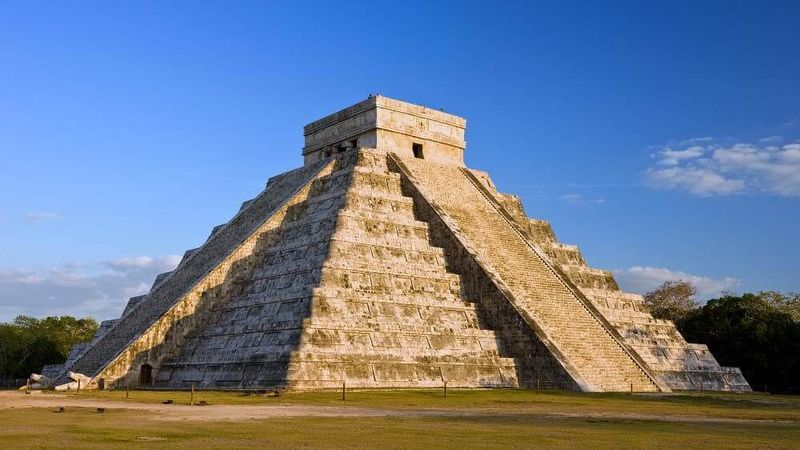
Chichen Itza, the ancient Mayan city, thrived from around 600 AD to the 1200s. The Pyramid of Kukulkan, its most famous structure, reveals the Maya’s astronomical genius. During equinoxes, a serpent-shaped shadow descends the pyramid’s steps.
Exploring the complex, one discovers the Great Ball Court and Temple of the Warriors. Echoes of Mayan rituals and ceremonies seem to linger in the air. The blend of mythology and advanced science captivates every visitor, offering insight into one of history’s greatest civilizations.
Stonehenge, England
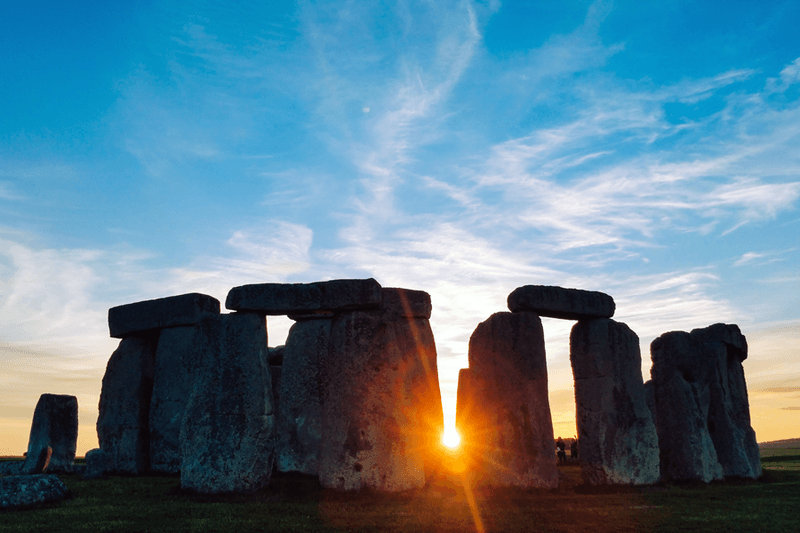
Stonehenge is a prehistoric enigma that continues to fascinate scholars and visitors alike. The purpose of this megalithic structure remains a mystery. Some speculate it was an astronomical calendar, others a ceremonial site.
The massive stones, transported from miles away, stand in a circular formation. As the sun rises, its rays align with the stones, creating an ethereal effect. Visitors stand in awe of these ancient architects who achieved such feats without modern technology.
The Acropolis, Greece
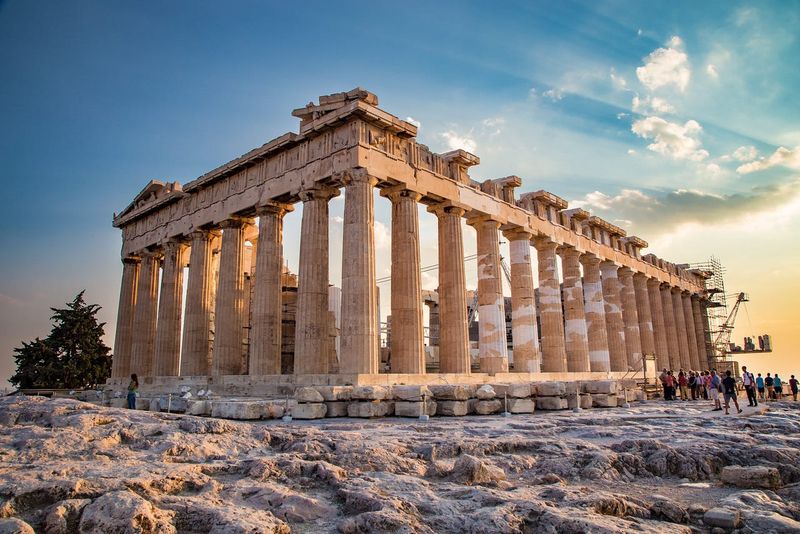
The Acropolis of Athens is a testament to ancient Greek innovation and democracy. Dominated by the Parthenon, it symbolizes the artistic and political achievements of its time. The structure’s Doric columns and intricate friezes highlight Greek craftsmanship.
Walking these hallowed grounds, one feels the weight of history and the birth of Western thought. The Acropolis has inspired countless philosophers, artists, and leaders. It’s a place where past ideals merge with modern aspirations, offering endless inspiration and reflection.
Tikal, Guatemala
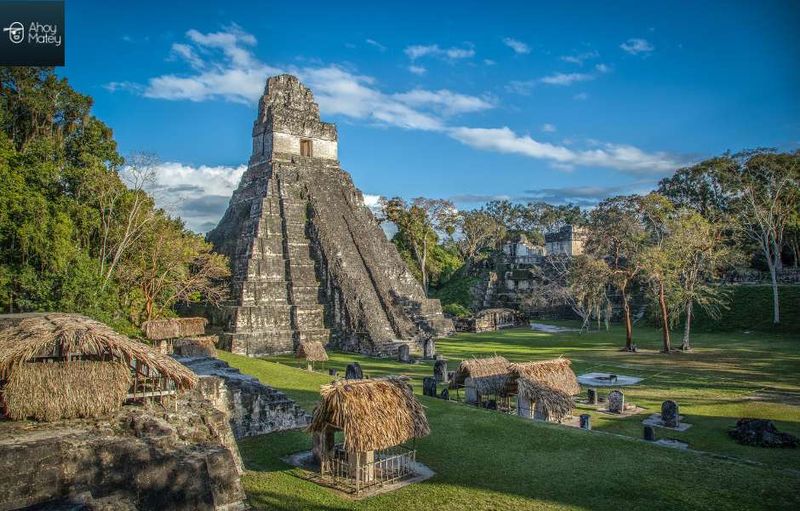
Tikal, a grand Mayan city, flourished in the rainforests of Guatemala. Its towering temples rise above the jungle canopy, offering breathtaking views. The city was once a vibrant hub of politics, trade, and religion.
Navigating its expansive grounds, visitors encounter plazas and remnants of palaces. The calls of howler monkeys echo, enhancing the mystique of this ancient site. At dawn, the sunlight reveals the silhouette of Temple IV, a sight that leaves lasting memories.
Ephesus, Turkey
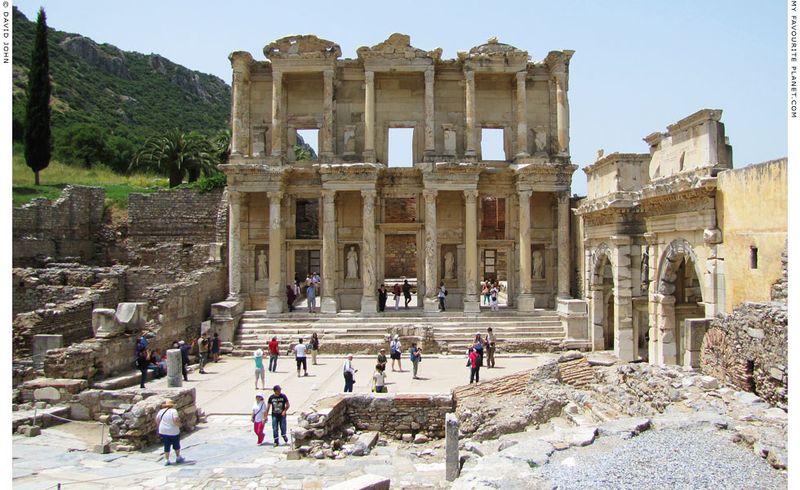
Ephesus, once a thriving Greek and Roman city, now stands as a testament to architectural and cultural achievements. The Library of Celsus, with its grand facade, is a highlight of the ruins. Its intricate design showcases the aesthetics of the time.
Walking its marble streets, visitors imagine the bustling life of merchants and scholars. The Great Theater, with its impressive acoustics, still hosts performances today. Ephesus offers a window into an era where cultures blended and flourished.
Terracotta Army, China
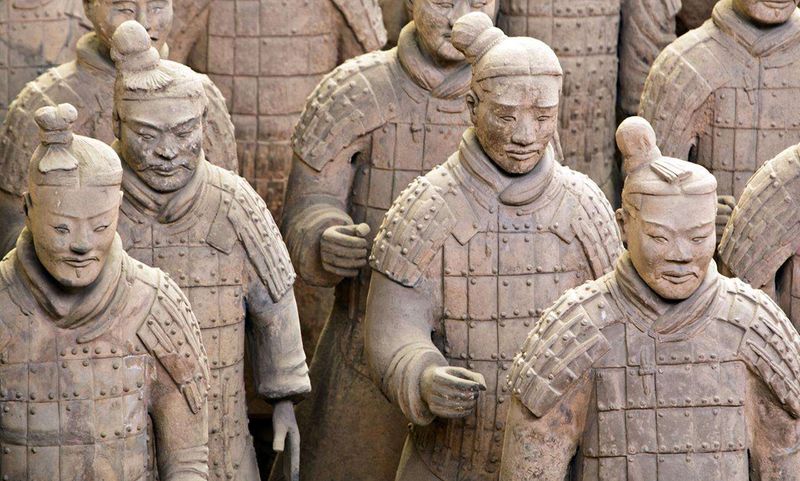
Unearthed in 1974, the Terracotta Army guards the tomb of China’s first emperor, Qin Shi Huang. This vast collection of life-sized soldiers, horses, and chariots astounds visitors with its detail and scale.
Each figure possesses unique features, reflecting a meticulous artistry. Scholars believe over 8,000 soldiers were crafted, showcasing an unparalleled commitment to the afterlife. The burial complex offers a glimpse into the power and ambition of ancient China.
Mesa Verde, USA
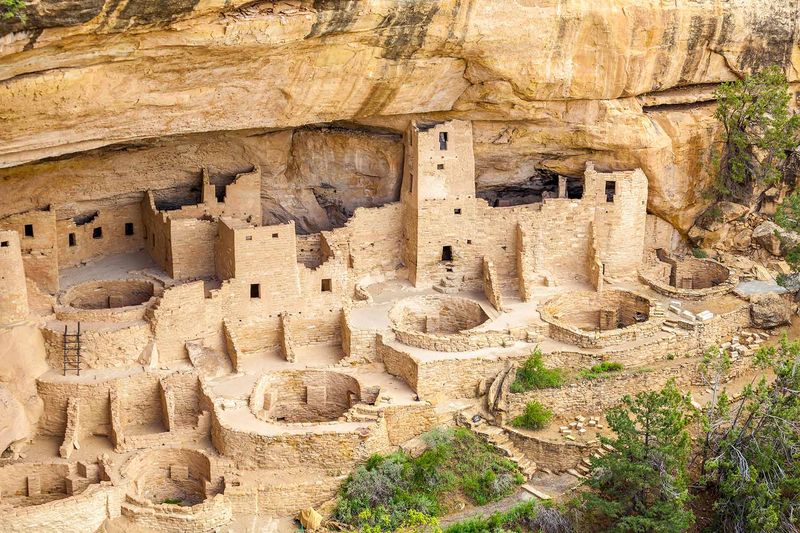
Mesa Verde National Park preserves the ancient dwellings of the Ancestral Puebloans. Cliff Palace, the largest cliff dwelling, showcases innovative design. These structures, nestled into the cliff face, offered protection and community.
Exploring these ruins, one contemplates the resourcefulness of the Puebloans. The park provides insight into their daily life and cultural practices. It’s a profound reminder of the balance between humanity and nature.

